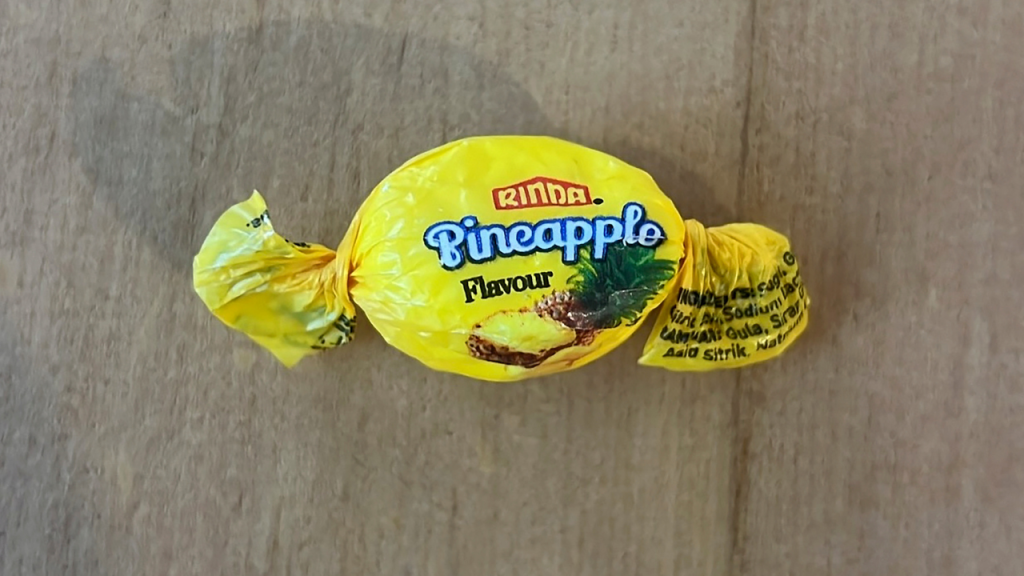A charity in Auckland, New Zealand unknowingly distributed potentially lethal methamphetamine-laced candies in its food parcels after receiving them as a donation from the public. Each candy contained up to 300 times the typical dose of methamphetamine, making them dangerous. Authorities suspect the donation was likely accidental due to the high street value of the candies, rather than a deliberate attack. The New Zealand Drug Foundation, which tested the candies, reported that the issue may have arisen from a cross-border smuggling technique. It is estimated that more of the candies might have been distributed throughout New Zealand.
The Auckland City Mission has been working to track down up to 400 people who may have received the contaminated candy in their food parcels. The candies, solid blocks of methamphetamine disguised in candy wrappers, were consumed by three people who later required hospital treatment but were eventually discharged. The mission’s food bank only accepts donations of commercially produced food in sealed packaging, but the donated pineapple candies appeared to be legitimate, arriving in a retail-sized bag. Despite the “revolting” taste of the candies, some individuals, including children, reported consuming them before realizing their dangerous contents.
Detective Inspector Glenn Baldwin believes the donation of methamphetamine-filled candies was likely part of an importation scheme gone wrong, but the extent of the operation remains uncertain. Authorities have recovered 16 of the contaminated candies but are unsure of how many more may be circulating. City Missioner Helen Robinson shared that eight families, including one child, had reported consuming the candies since Tuesday. The organization was first alerted to the issue by a client who reported “funny-tasting” candy and immediately contacted the authorities after tasting the candies themselves.
Rinda, the Malaysian company that produced the candies in question, stated that they were not aware of the misuse of their products and would cooperate with authorities in the investigation. They emphasized that Rinda Food Industries does not use or condone the use of illegal drugs in their products. Methamphetamine is a potent stimulant that affects the central nervous system and is highly addictive. It typically appears as a white, odorless, bitter-tasting crystalline powder that can easily dissolve in water or alcohol. The candies containing methamphetamine posed a serious health risk to those who consumed them unknowingly.
The New Zealand Drug Foundation highlighted the dangers of disguising drugs as innocuous goods, a common smuggling technique that poses significant public health risks. Ben Birks Ang, a spokesperson for the Foundation, expressed concerns that more of the methamphetamine-laced candies may have been distributed throughout New Zealand, potentially exposing more individuals to harm. The episode underscores the importance of stringent food safety protocols and vigilant oversight of donations made to charitable organizations to ensure the well-being of vulnerable populations.
The incident involving the methamphetamine-laced candies raises questions about the security and monitoring of food donations received by charities and food banks. Auckland City Mission’s stringent policies regarding commercially produced food in sealed packaging were breached by the donation of contaminated candies, highlighting the need for enhanced safeguards and awareness. The long-term effects of inadvertently consuming methamphetamine pose a significant health risk, and the public must be informed and educated to prevent similar incidents from occurring in the future. Authorities continue to investigate the origins of the contaminated candies and are working to ensure the safety of the community through heightened vigilance and prevention measures.


